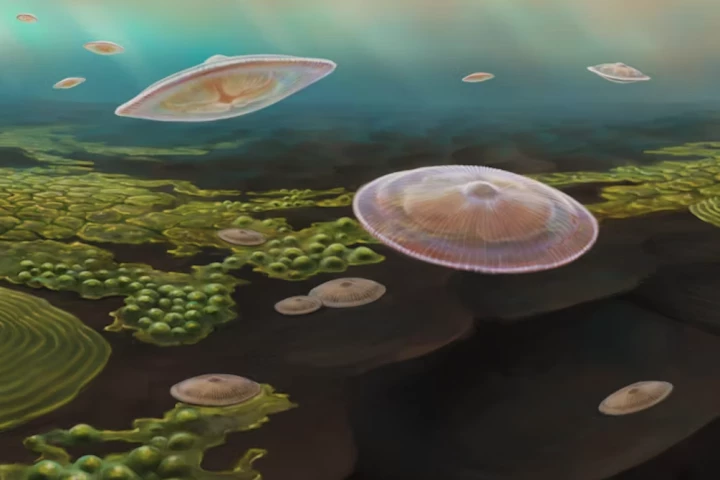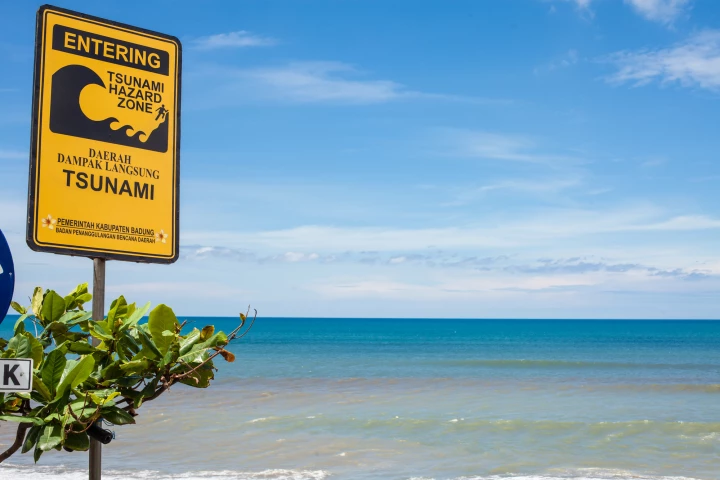Cardiff University
-
Scientists have found evidence that an isolated pocket of complex life evolved 2 billion years ago – only to go extinct and take another 1.5 billion years to return to that level. The controversial find could rewrite our understanding of life on Earth.
-
A type 1 diabetic dad is 1.8 times more likely to pass the condition on to his kids than a type 1 diabetic mom, who, research suggests, confers long-term protection against it. The findings open the door to developing new ways of preventing type 1 diabetes.
-
Scientists have uncovered the oldest fossilized forest, dating back 390 million years. The ancient forest was made up of the first trees to ever grow on Earth – bizarre “prototype” trees that had to rip their skeletons apart in order to grow.
-
Scientists have discovered an unknown type of immune cell in people who've successfully beat cancer. These home in on multiple targets at once, preventing new tumors forming for up to a year later and could lead to more effective cancer therapies.
-
A new stem cell therapy for Parkinson’s disease, in which the donor would also become the transplant recipient, is one step closer to human trials after scientists were able to successfully grow and rebuild neurons in an animal model.
-
With the aid of arms control technology and artificial intelligence, a team of scientists at Cardiff University's School of Mathematics has developed a method that uses underwater microphones to provide early warnings of potentially deadly tsunamis.
-
The sludge that is created through sewage treatment processes is rich in nutrients like phosphorous and nitrogen, making it an excellent source of fertilizer for agriculture. But research has found it also contains significant amounts of microplastics.
-
A study has identified 75 genomic regions associated with Alzheimer’s disease. The findings add to a growing hypothesis immune dysfunction drives the disease and also raise the possibility of developing a predictive Alzheimer’s genetic risk test
-
An mRNA COVID-19 vaccine has been used to therapeutically treat a patient with a chronic SARS-CoV-2 infection for the first time. The patient tested positive for SARS-CoV-2 consistently over six months, but cleared the infection after two vaccine doses.
-
A long-term study spanning 35 years has revealed men who participated in amateur boxing in their youth are almost three times more likely to suffer from Alzheimer’s-like cognitive impairment in their senior years compared to those who did not box.
-
The efforts of researchers to trace plastic waste continues to turn up evidence of its detrimental effects on the natural world, with the latest example a study detailing the first evidence of river-borne plastic waste traveling up the food chain.
-
Scientists at Cardiff University have come up with a way of estimating the maximum size of plastic pieces different marine creatures can consume, which could help assess the risks different types of waste pose to species around the globe
Load More











